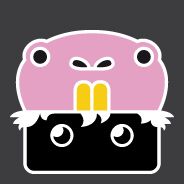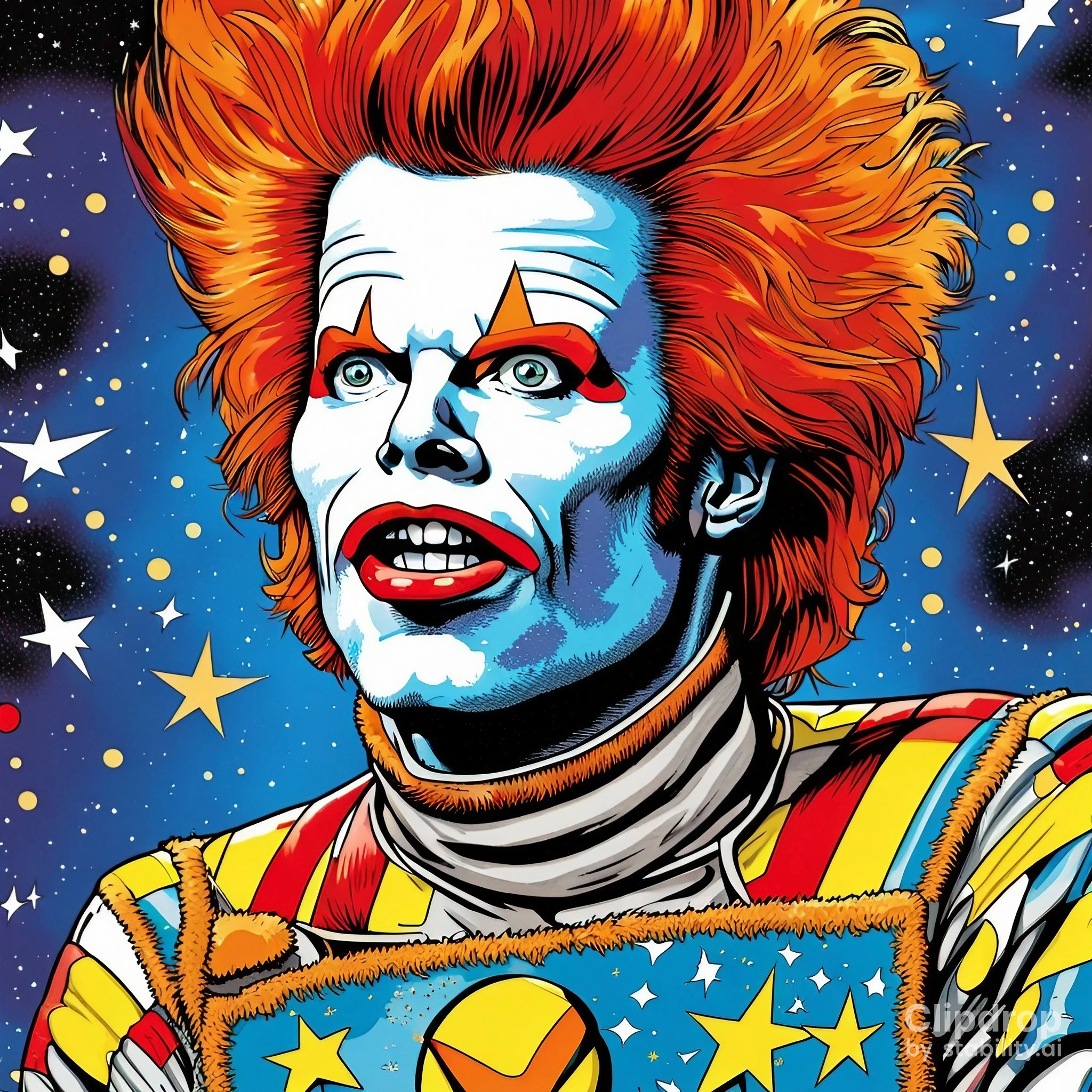When athletic height jumping was considered done and perfected, there was the Fosbury flop which opened new possibilities. Do you think there was such a moment in the music history? When someone showed how things can be done and from there everyone is using his/her technique?
There have been lots of technological advancements which led to revolutions in music. The electric guitar, multi-track mixing, synthesizers, etc.
Each of them brought with them while new genres of music.
You didn’t even mention the biggest technological leap; recording. Being able to capture music and play it at one’s will fundamentally changed virtually everything about music.
Yup. Radio did as well
Another thing is cheap, good-sounding speakers and headphones
Can you imagine Billie Eilish releasing Bad Guy in the 80s? 90% of the country wouldn’t hear a thing
Equal temperament, where all the keys have basically the same intervals rather than having different characters as in just intonation. Enabled modulation from one key to another as in Bach and Jazz.
A few modern production techniques come close, but I agree, equal temperament tuning was a game changer. It allowed “anyone” to transpose “any” piece of music into “any” key, broadening the available instruments for a piece.
Plus drop D tuning would be impossible without it.
This is maybe obscure but Earl Scruggs basically invented three finger picking on the banjo. It became one of the defining characteristics of bluegrass music and when most people imagine “banjo music” today, that’s probably what they imagine first. (It’s called “Scruggs Style” and he popularized but who knows who did it first as a lark?)
A recent one is abusing autotune. Autotune was invented to correct singing notes that were slightly off. Cher was apparently first to do this but people started experimenting with unintended settings combinations to make different effects and stuff. T-Pain took that to the extreme and it became a whole trend in pop music.
Plus, like, the entire history of music in New Orleans and the surrounding Mississippi Delta region. So much American (and British) music can trace a direct line to the blues, jazz, early rock and roll, and other genres that begin in the region.
Dave Davies of The Kinks changed rock music with a razor blade. Distortion pedals existed but they couldn’t provide the same kind of fuss sound that we hear in “You Really Got Me”… but a year later they could.
-
Jamaican Soundsystems. They invented the idea of having a DJ on stage who plays records for a crowd, instead of a band that plays the songs life. The concept of modern club culture is based on it. Kool DJ Herc, who invented HipHop was from Kingston.
-
Jamaican dub. The concept of the engineer as artist and producer and also the idea of remixing comes from dub, which was invented by people like King Tubby and Lee Scratch Perry. The way most modern genres are produced (by an engineer, without a band) originated from dub.
-
So many great examples in this thread already, so I’m going to go with a simpler one: Guitar overdrive. intentionally increasing the gain beyond max input level of the amplifier to produce a more square wave tone would’ve seemed sacrilege to guitarists from the 30’s and 40’s.
And today it’s the foundation of so many guitar sounds and music genres.Probably when some people started using the studio as an “instrument”, like Phil Spector with his Wall of Sound, or Brian Wilson of The Beach Boys during the Pet Sounds sessions. Never before had music sounded so good and rich in sound.
Agreed. My suggestion isn’t close to being the first, but Boston is a great example of this. Adjusting tape speed to achieve pitch bend in organ solos, mixing for guitar loudness, etc.
If I remember correctly, the studio was built by one of the members, allowing them to really use it beyond just simply recording.
See also - Jim Steinman
Fucking love Jim Steinman!
R.I.P.
Hendrix. Hendrix is the fosbury of music. Dude went off in his own direction in both technical and compositional terms, and a lot of people followed.
There’s solid points in the comments, but I feel like we’re talking about a single individual ignoring convention here, and there’s really only one answer in that context :)
Listen, I love and respect the hell out of Jimi, but to claim he’s the only one who ever revolutionized music is fucking insane. There have been so many others that completely changed the game.
There were others who changed sports as well… Fosbury didn’t cause the Olympic committee to implement any bans, which is to say that others arguably attempted much larger changes…
He simply tried something way the hell off the beaten path and it caused people to think differently about how to go about doing their thing.
Jimi wasn’t even the only revolutionary influence in his time, you could argue chuck berry had more influence at the time, you could argue Charlie christian had more influence at sorta the same time, you could argue Zeppelin, Sabbath, the Beach boys…
Nobody came crashing into music from deep left field like Hendrix did though, just like nobody came into the Olympics from deep left field the way fosbury did (I’d argue for korbut, but nobody followed her lead due to pretty much everything she did getting banned).
I get what you mean and don’t disagree, but I did say I was speaking to a specific context ;)
Van Halen finger tapping the fretboard. Didn’t last as a trend, but every guitar player tried it at the time.
Les Claypool from Primus playing lead bass. That was so unique, I don’t think anyone really copied it. A watershed moment anyway.
Neil Pert YYZ or the solo from Tom Sawyer. Same reaction from drummers as guitarists for Van Halen. Blew everyone’s mind as to what was possible by one drummer.
Obviously there was nothing like Jimmy Hendrix either, but there was so much new and experimental music at the time he unfortunately gets lumped into “60’s music” IMO.
The MC5’s performance at the Chicago DNC in 1968 (and by extension Punk Rock). “Kick out the Jams, MOTHERFUCKERS!”
…finger tapping the fretboard. Didn’t last as a trend
Math rock enthusiasts enter the room
The I–V–vi–IV progression
Not just one imho: if we go that back in time I’d start with electric instruments, more recently (~50 yrs ago) multitrack, then electronic music (whether you have it started with synth in the 80s or with music entirely made on a computer in the early 00s). All 3 changed the game and were adopted by everyone
100% agree about electric instruments. I would say guitar pickups and amplification ushered in a new generation of innovation in both music creation instrument usage. Several posters here have mentioned innovations like the Wall of Sound, or Hendrix, but those don’t happen without George Beauchamp creating the electric guitar pickup.
George Beauchamp is modern music’s Fosbury
For guitar :
two handed tapping
sweep picking.
The Amen break is sampled absolutely everywhere in modern music, that’s probably the closest you’ll get to absolute ubiquity like the Fosbury flop
Dubstep… It’s all about that drop.
/s
I would say going from analogue to digital recording. Digital made edits possible that where impossible before.
i think getting any kind of reliable recording was a bigger jump. it totally transformed the way we listen to music.
the other thing is microphones and speakers. changed live music totally.










